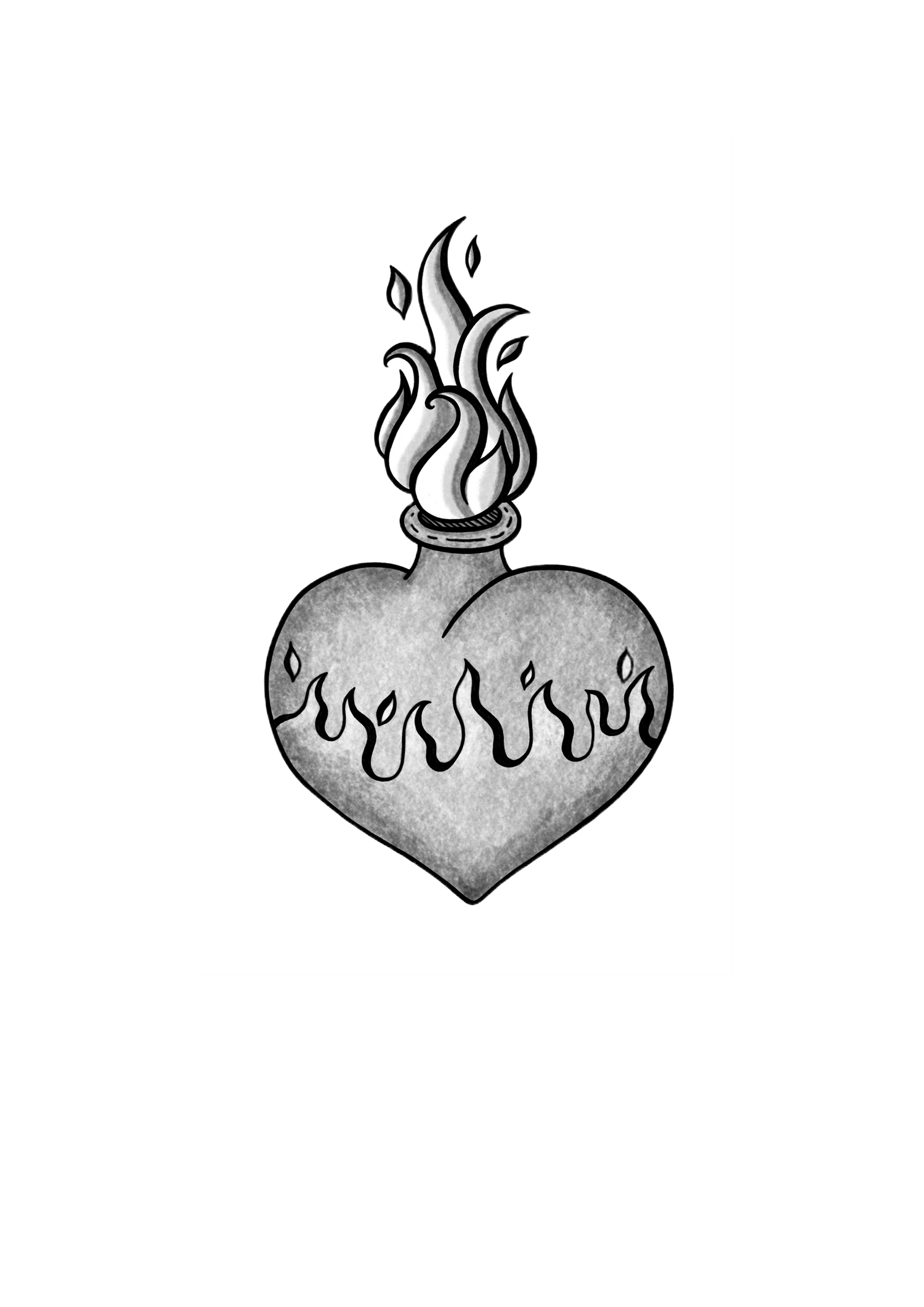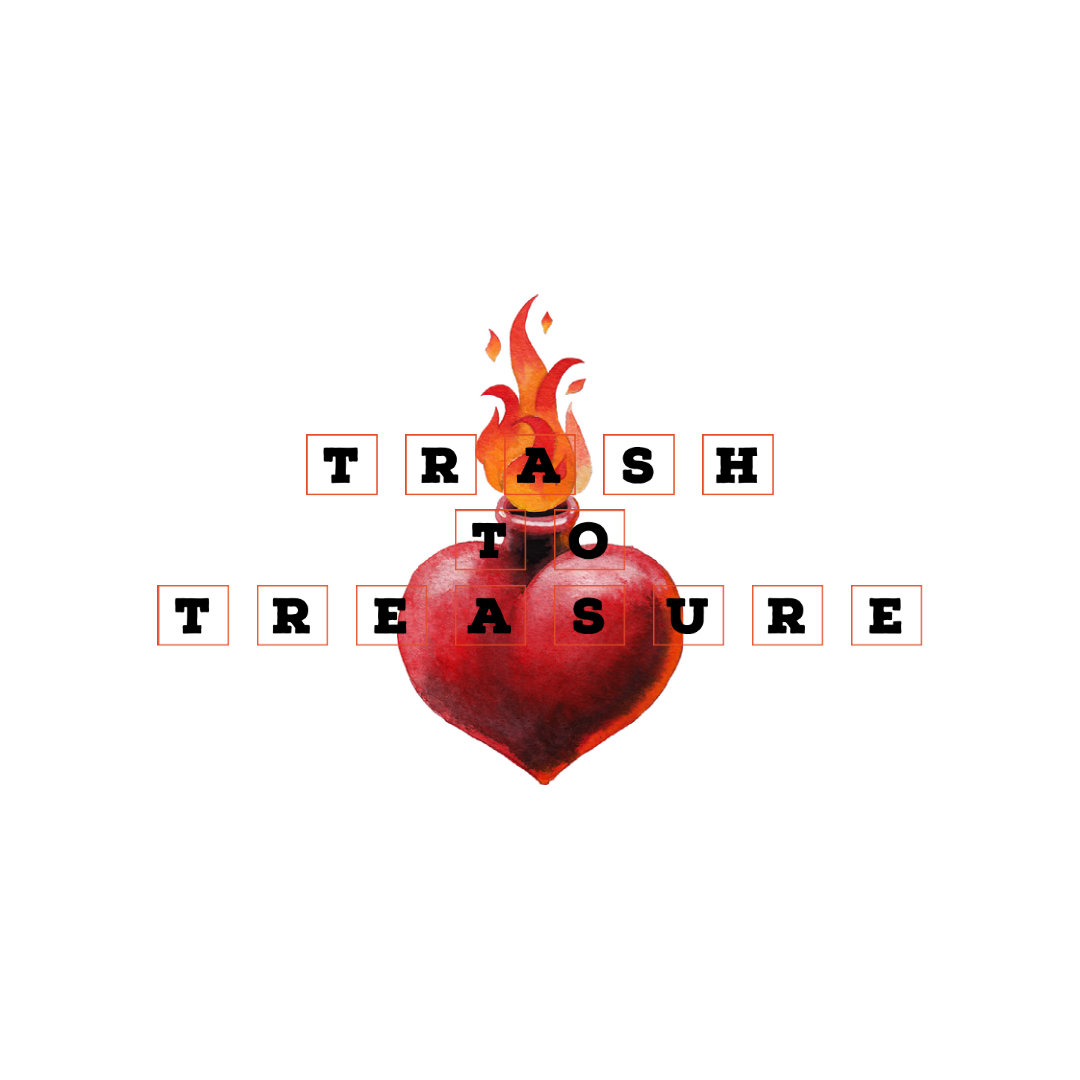Low Tide by S.C. Hawkins
When my father lost his job, he had to move to the beach, so my mother, my brother, my sister, and I, all moved to the beach. He, my father, worked for a company that did not go under, but instead decided it no longer needed him, and continued on without looking back at us. This company did work I did not understand, yet I tried to understand, I tried to peel away at my father, but was denied those truths, either by his role in my life or how he steeled himself against his own past.
We gathered our belongings, the ones we could gather: pillows, blankets, leftover medicines, nonperishables, the things we could use. We brought things we couldn’t use, as well, things that made us feel as if we were still people: books, journals, photo albums, and the like.
We stacked this all under a boardwalk, in piles of sand coarse enough to irritate my skin into a rash, deep in the shadows, so far back that no one bothered us, and thought it easy to pretend we weren’t there. The only thing that thought to trouble us were the winds, invasive and assaulting alongside the tide creeping toward us. My brother, the idiot, stacked our journals up against the shore as a wall against the water, and when the sea soaked into them, it freed the ink, did not drag it away, but melted it all into incoherency. The journals, unfit for writing, yet bloated and softened, became our pillows.
My father searched for jobs alone, and when I asked, why he applied, why he denied the petty ones that family friends offered him, he dismissed me. He told me to leave that to him.
I often sat at the blade of the sea, dodged my toes away from the water, breathed in through my nose and my mouth interchangeably, tasted the salt and the heat. I was a lazy exile, stagnant, until the day our food ran out.
As my father searched for jobs, my mother whispered commands to us children.
We were to find families like our own, and by our own, she meant the kind we used to be, we were to act kind and pitiful to them, to get on our knees in the sand, let it aggravate our burnt flesh, and ask them for scraps of food: apple cores, cheese rinds, the crusts of sandwiches.
I didn’t know what to expect of this request, and considered what our family would have done, had I crawled over to us like I crawled over to this family, arranged my hair as neatly as I could, told us we looked wonderful and kind, would we have given it to me? But they did.
We prepared a feast of bites that night: a bag of apple slices, two bottles of water, a hollow sandwich, the neglected grapes at the bottom of the package gone soft and sticky. As we were about to gorge ourselves, my father asked of their origins and we were forced to tell him, at which point he rose, took it all in his hands, walked onto the boardwalk above us, and threw them into the waters beneath, plopping like rain.
The next day a boy found me, a boy from the family, and he spoke to me for a long time, hypothesized on the oppression my family had suffered, and I pretended to understand as he explored it, enabled it, made it the driving force behind his one-sided argument, reveled in it, and told me he wanted to help.
He took me into the square, placed me in a spiral of tiles where people who smelled like something other than the sea bumped past me, paid no attention to the saltwater in my hair and the exhaustion tanned into my skin, and I was brought into a cafe filled with colors. Desserts in pastels, savory pastries flecked with hearty reds and greens, creams the muted color of wallpapers, coffees deep and rich like the muds of the springtime. The smells shocked my stomach, and I felt as if I would be unable to eat them without puking.
Luckily, he did not bring me there to eat them, he was friends with the owner of the store, he told me, who offered me a position. I was set to start the next morning.
That night my father wept turned away from us, rubbed his eyes with the salt water, said he was washing his face to hide it. He still had not found a job that suited him, had not found a job willing to lose him like the one before.
I pulled him aside. We spoke behind a pillar, I asked him questions again, asked him what will happen. He told me not to worry. I told him that I wanted to help; I told him about the job.
My father struck me across the face and then stood in silence. He struck me for going behind his back. He struck me for doing his job. He struck me for undermining him.
We exited the shadows and sat together at the shore. My father brought his hand to my stinging cheek and left it there. The sun washed down the sand. The water moved away from us. My family; shards of glass, slowly breaking down against the water.
“I wrote this story at a time when it was the last thing I wanted to do. As a result, I think both the perspective and the characters feel a bit hollow, carved out. I didn’t write for a while after this and never came back to it. Returning now, I believe that emptiness in a way speaks to the position these characters are in.”
S.C. Hawkins is a writer from Manchester, NH. He graduated with a BFA in Creative Writing from New England College. He is, crucially, never far from his dog or a tree.

